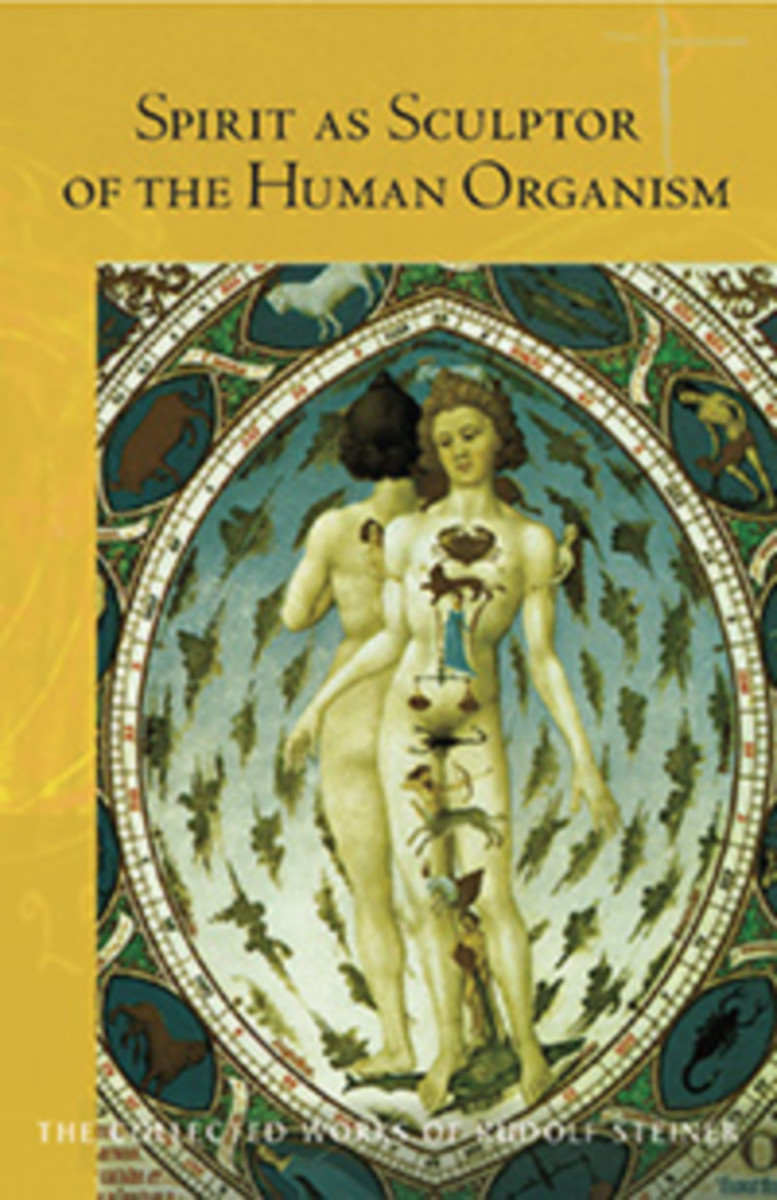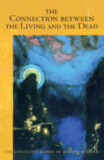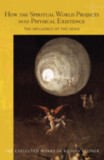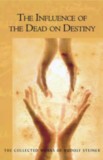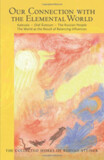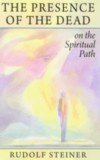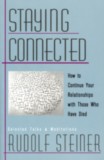Spirit as Sculptor of the Human Organism
(CW 218)
- Publisher
--NOT SPECIFIED-- - Published
16th January 2015 - ISBN 9781855844087
- Language English
- Pages 312 pp.
- Size 6" x 9"
16 lectures, various cities, October 9-December 9, 1922 (CW 218)
“Let us be courageous and not draw back in fear when realities of the world of spirit that play into human life are unveiled. You see, the future of humanity depends on us learning to live with the world of spirit in the same way that we live with the physical world here on Earth” (Rudolf Steiner).
In a wide-ranging series of lectures, Rudolf Steiner demonstrates the integral nature of spirit and matter and their manifold connections. Speaking to audiences in London, Holland, Germany, and Switzerland, Steiner explains how, through a process of evolving consciousness, humanity lost its knowledge and direct experience of the spiritual sources of existence but now needs to reconnect with them. Spirit is the essence and power of life that, in Steiner’s vivid image, “strikes a match in our whole being” when we allow it to inform us fully.
Our world cannot be understood in only physical terms; rather, it is inseparable from the divine realities that continually create and sustain it. Reconnection with the spirit requires us to heal the fractures between ordinary consciousness and the metaphysical realms in which we are already embedded. In Steiner’s descriptions, there is no end to the many reconnections possible—connections among our past, present, and future; between the active, individualizing principle of the “I” and the physical human body that it affects and shapes; between our physical actions and limb movements in one life and the formation or shaping of our head in a future one; and. above all, between our moral actions and insights gained while alive on Earth and our developing “eye” for spiritual reality in the life after death—with all that this can mean for the future of humanity’s evolution.
Taking a truly holistic approach, Steiner tackles an eclectic series of subjects throughout these sixteen lectures, all united by the common theme of rediscovering how spirit pervades life. In addition to a focus on education in several lectures, he discusses experiences during sleep; the human spirit and soul between death and a new birth; how spirit “sculpts” the human organism; Christ from the perspective of Anthroposophy; the battle between luciferic and ahrimanic beings for human nature; karma and the creation of conditions for our return to a new life on Earth; human experience of the etheric cosmos; and the human faculties of hearing, speaking, singing, walking, and thinking.
These lectures offer a cornucopia of spiritual insights and wisdom for today.
This volume is a translation from German of Geistige Zusammenhänge in der Gestaltung des menschlichen Organismus (GA 218).
L E C T U R E S:
- Experiences during Sleep: Their Spiritual Content and Significance for Our Daily Life
- The Human Spirit and Soul between Death and a New Birth
- Hidden Aspects of Human Existence and the Christ Impulse
- Experiences of Spirit and Soul During Sleep
- The Battle for Human Nature between Luciferic and Ahrimanic Beings
- Experiences between Death and a New Birth as Consequences of Karma
- Exact Knowledge of Supersensible Worlds through Anthroposophic Spiritual Science
- Christ from the Perspective of Anthroposophy
- Moral Education from the Perspective of Anthroposophy
- The Art of Education Founded on Insights into the Human Being
- How the Human Being’s Life on Earth Relates to Life between Death and a New Birth
- Human Experiences of the Etheric Cosmos
- The Human Being and Supersensible Worlds
Rudolf Steiner
Rudolf Steiner (b. Rudolf Joseph Lorenz Steiner, 1861–1925) was born in the small village of Kraljevec, Austro-Hungarian Empire (now in Croatia), where he grew up. As a young man, he lived in Weimar and Berlin, where he became a well-published scientific, literary, and philosophical scholar, known especially for his work with Goethe’s scientific writings. Steiner termed his spiritual philosophy anthroposophy, meaning “wisdom of the human being.” As an exceptionally developed seer, he based his work on direct knowledge and perception of spiritual dimensions. He initiated a modern, universal “spiritual science” that is accessible to anyone willing to exercise clear and unbiased thinking. From his spiritual investigations, Steiner provided suggestions for the renewal of numerous activities, including education (general and for special needs), agriculture, medicine, economics, architecture, science, philosophy, Christianity, and the arts. There are currently thousands of schools, clinics, farms, and initiatives in other fields that involve practical work based on the principles Steiner developed. His many published works feature his research into the spiritual nature of human beings, the evolution of the world and humanity, and methods for personal development. He wrote some thirty books and delivered more than six thousand lectures throughout much of Europe. In 1924, Steiner founded the General Anthroposophical Society, which today has branches around the world.


